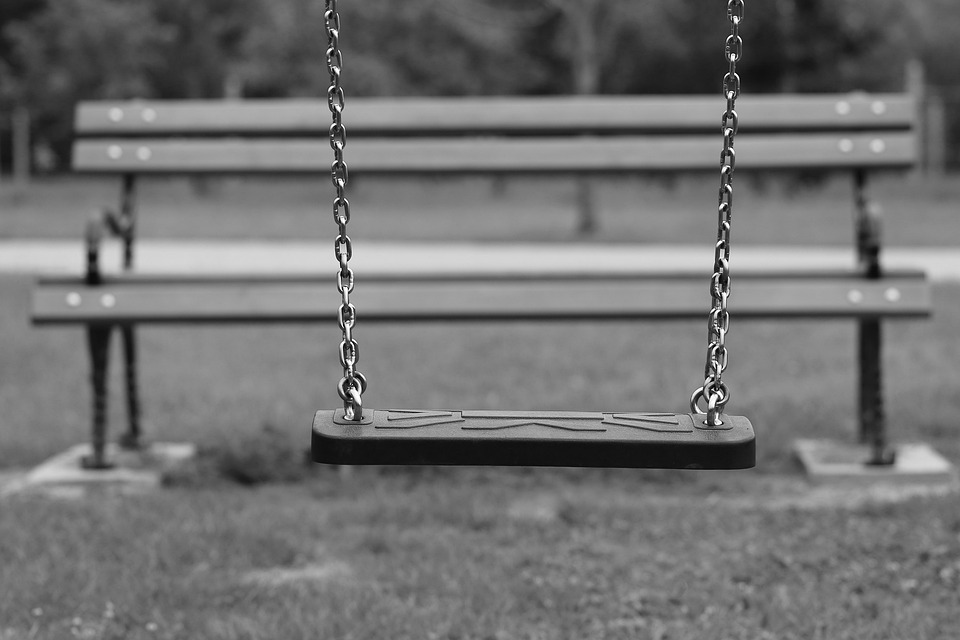The Causes and Consequences of Rural Depopulation in the United States
Causes of Rural Depopulation
Rural depopulation in the United States has been a growing issue for decades, with many factors contributing to the decline in population in rural areas. One of the main causes of rural depopulation is the lack of economic opportunities in rural areas. Many rural communities are heavily reliant on industries such as agriculture, mining, and manufacturing, which have been in decline in recent years. As a result, many young people are leaving rural areas in search of better job prospects in urban centers.
Another contributing factor to rural depopulation is the lack of access to essential services such as healthcare and education. Many rural communities have limited access to healthcare facilities, leading to poorer health outcomes and higher mortality rates. Similarly, rural areas often have fewer educational opportunities, which can discourage families from staying in the area.
Additionally, changes in demographic trends, such as an aging population and declining birth rates, have also contributed to rural depopulation. As more young people leave rural areas in search of better opportunities, the population in these areas continues to decline.
Consequences of Rural Depopulation
The consequences of rural depopulation are widespread and impact many facets of rural life. One of the most significant consequences is the loss of community vitality. As young people leave rural areas, the population becomes older and smaller, leading to a decline in social connections and community activities. This can have a negative impact on the overall well-being of residents and can lead to feelings of isolation and loneliness.
Rural depopulation also has economic consequences for rural communities. With fewer people living in rural areas, there is a decreased demand for goods and services, leading to economic stagnation. This can result in higher unemployment rates and lower wages, further exacerbating the issue of rural depopulation.
Another consequence of rural depopulation is the loss of cultural heritage and traditions. As younger generations leave rural areas, there is a risk that unique cultural practices and traditions will be lost. This can have a negative impact on the identity and sense of place of rural communities.
Conclusion
Rural depopulation in the United States is a complex issue with many factors contributing to the decline in population in rural areas. Lack of economic opportunities, limited access to essential services, and changes in demographic trends all play a role in rural depopulation. The consequences of rural depopulation are widespread and impact many facets of rural life, including community vitality, economic stability, and cultural heritage. Addressing the causes of rural depopulation will require a multifaceted approach that includes initiatives to create economic opportunities, improve access to essential services, and support the preservation of rural communities’ unique cultural heritage. Taking action to reverse rural depopulation is essential to ensure the long-term sustainability and viability of rural communities in the United States.
